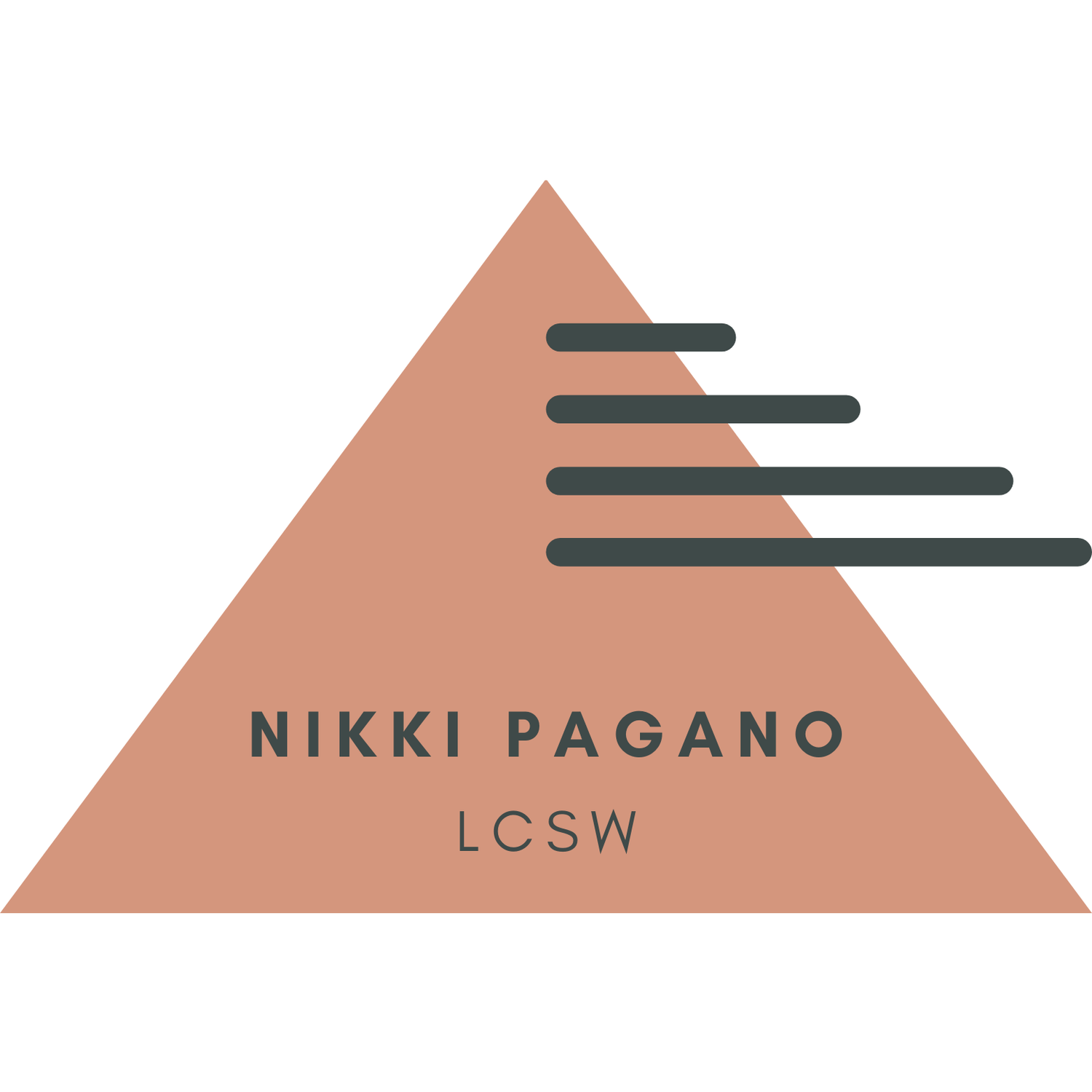
Treatment for
Anxiety and Related Disorders
Anxiety and Related Disorders
Anxiety disorders include generalized and social anxiety, specific phobias, and panic attacks. These disorders require specialized psychological care. Below is information about well-researched, effective interventions.
Obsessive Compulsive Disorder (OCD)
Individuals with OCD experience distressing and intrusive worries (obsessions) accompanied by behaviors (compulsions) performed in order to relieve the distress caused by intrusive thoughts. Obsessions may include intense fears of contamination or worries that a loved one will die. Compulsions Children as young as 5 years old can develop OCD and often make an effort to hide their ritualistic / repetitive behaviors.
PANS / PANDAS
Some children suddenly develop OCD and other symptoms after they have had an infection, such as strep or a staph infection. This is a disorder called Pediatric Acute-onset Neuropsychiatric Syndrome, often referred to as PANS or PANDAS. The symptoms are thought to be the result of the child’s immune system incorrectly attacking brain cells and may be accompanied by other symptoms, including restricted eating, anger, and depression.
Cognitive Behavioral Therapy (CBT)
Cognitive-behavior therapy (CBT) seeks to identify the connections between thoughts, behaviors and emotions. This treatment focuses on the present and addresses ways to learn new thought and behavioral patterns. Through CBT, individuals learn skills to challenge thinking patterns and learn how to navigate stressful situations and events in more helpful ways. This is an active therapeutic approach which requires that skills be practiced between sessions.
To learn more about this treatment, take a look at some of the resources below:
Exposure and Response Prevention (ERP / EXRP)
Exposure and response prevention is considered the most effective, gold-standard treatment for obsessive-compulsive disorder (OCD). This therapy helps individuals address their fears and decrease their use of rituals, avoidance or other behavioral patterns. Exposure therapy can be helpful for all anxiety disorders (i.e., phobias, social and generalized anxiety, GAD, OCD, panic, agoraphobia, health anxiety).
Read more here:
Acceptance and Commitment Therapy (ACT)
ACT is a third wave psychotherapy, stemming from CBT. This is a mindfulness based approach that aims to enhance psychological flexibility by focusing on an individual’s values.
To learn more about ACT, take a look at some of the resources below:
Selective Mutism
Selective mutism is an anxiety disorder where a child may be talkative in the privacy of their homes but is unable to speak in other environments, for example at school or when with extended family. Parents typically notice signs of selective mutism around 3 or 4 years old but may not be diagnosed until the child reaches school-aged, when the problem becomes more interfering.
Treatment for selective mutism involves equipping parents and caregivers with skills to help increase verbalization in a variety of settings. Nikki may also work with your child’s school to help teachers support the work your child is doing in session and at home.
For more information about selective mutism and its treatment, click the link below:




